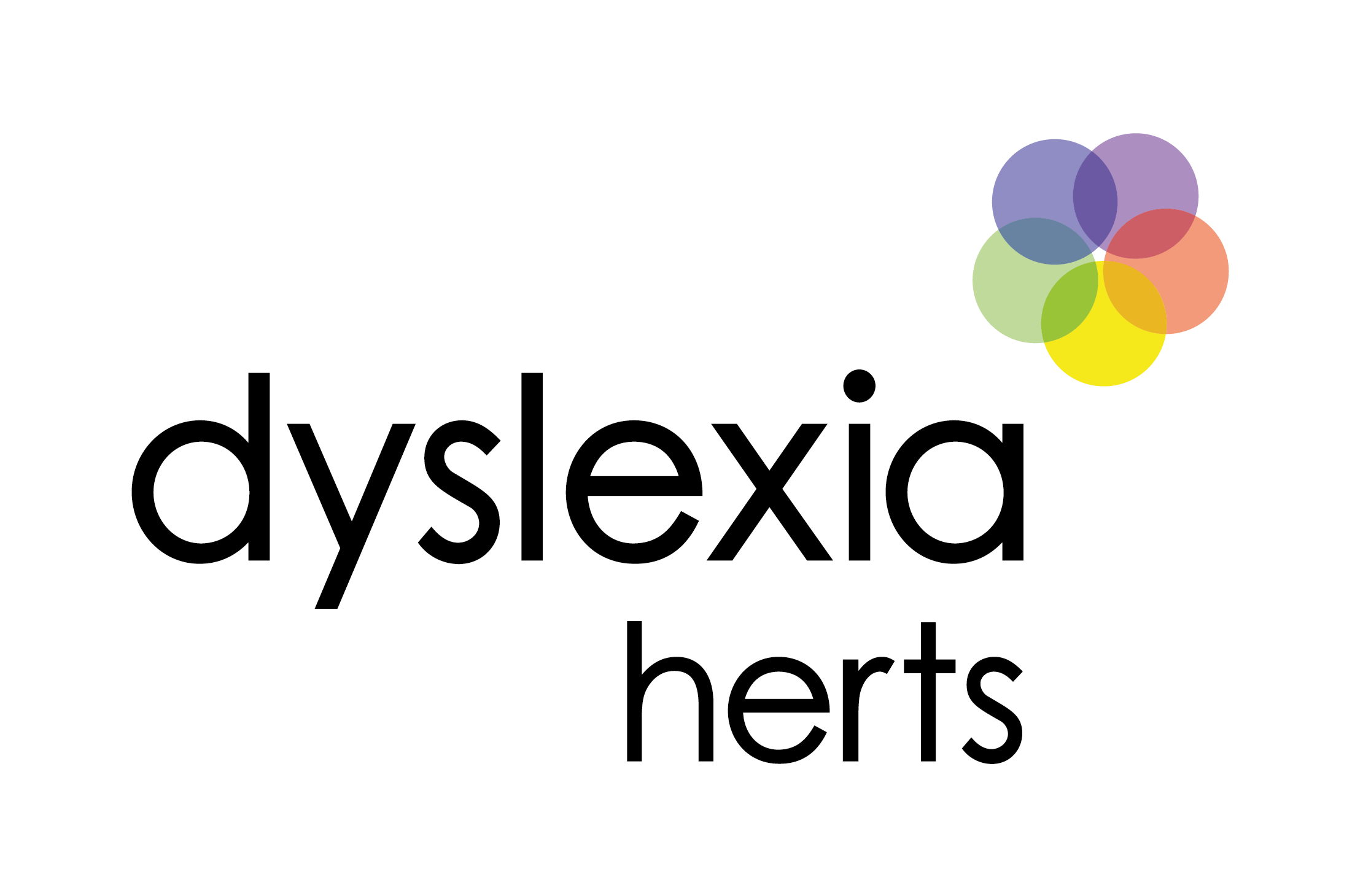
I think my child may be dyslexic- when should I have them assessed?
I am often asked when’s the right time for an assessment and it’s something I remember worrying about as a parent myself before I did my training. The answer isn’t a straightforward one. Every child is different and so are their families! It may be that you are dyslexic yourself or there may be other people in your family who are dyslexic.
We know that Dyslexia and other specific learning differences overlap so there may be people in your family who are dyslexic, dyspraxic, autistic, have ADHD or speech and language difficulties. It’s common for someone to be dyslexic and have traits associated with other specific learning differences (SpLDs).
Parents or grandparents in your family may have specific learning differences, but they may not have been picked up at school.They may have had difficulties learning to read, write or spell, find it hard to concentrate or have coordination difficulties and found playing sport or writing neatly very tricky as a child. If you are part of a neurodivergent family, then it’s very likely that your child may be too.
Early signs
You may notice some early signs that could indicate Dyslexia:
- Dyslexia and other SpLDs in the family?
- Later reaching developmental milestones (walking, talking, riding a bike etc)?
- Sequencing the letters of the alphabet or knowing the days of the week/ months of the year?
- Reversing letters such as b/d?
- Learning nursery rhymes?
- Difficulty telling the time?
- Is it hard to learn times tables?
- Are they finding getting to grips with phonics hard?
- Can they remember verbal instructions?
Identification & Intervention
Research tells us that early identification and support make a big difference. It’s hard as a parent to know what to do and we all worry about getting it right all the time! Here are some things you can do:
- If you have noticed these signs, talk to your child’s school. The school should be able to identify children who have difficulty with phonics and literacy (which are signs of Dyslexia) at the end of Reception or Year 1 and put some support and intervention in place as well as adjustments in the classroom that might make a big difference.
- The school don’t need your child to have a formal assessment to support them if they are having difficulty with literacy skills and acquiring phonics.
- At this stage, it’s good to monitor their progress and work together with the school to support your child. There may be games you can play at home that reinforce what they are learning at school or books you can share together that encourage their love of reading. Ask your child’s teacher for ideas.
So when is the right time?
At Dyslexia Herts, we would suggest that the right time is around 8 years old, and maybe a little earlier than this in some cases. There are other things you might notice:
- If your child has had support at school and, despite this, isn’t making progress it may be a good time to think about an assessment. They may have just started to notice that they are behind their peers and are starting to lose confidence in themselves.
- You may notice that your child is starting to find things harder as they progress through school. This could be moving from infant to junior school, moving from primary to secondary or it could be that it takes them a while to adapt to a new teacher and their way of learning.
- You can always get in touch with us at Dyslexia Herts. We will be honest with you about whether they should be assessed or if it isn’t right at this time and will give you the best advice. You can complete our online checklist or book a free ten-minute chat to discuss and we will be on hand to offer your advice and support.
About Assessment
Our assessments are a positive experience for your child and will help both you & them to understand more about themselves and how they learn. The assessment will help us to see their strengths and challenges and make recommendations for things that you can do at home to support them and things that could be put in place at school to help them on their learning journey and find ways of working that are best for them.
Here is some feedback from parents we have worked with:
- Thank you for our report! All the information and recommendations are so helpful. As soon as we left D told me how much he liked you and how nice you’d been! Thank you so much for really understanding my boy and for seeing who he is and what he’s capable of. The confirmation and reassurance you offered was life-changing, for D and myself. I’m so grateful to have found Dyslexia Herts and to have had you assess my son.
- Thank you so much for your email and for turning the report around so quickly. F had an absolutely lovely time at her assessment and said it was much more fun than school, so we are very grateful for that.
- I’m so glad to receive a report that sounds so much like our daughter. It literally explains everything we’ve been wondering about and has put our minds at ease completely. I realise dyslexia isn’t easy, but it’s one of those areas where I feel that knowledge is the key to success. I’m so glad I persevered, and we’ll work with your recommendations and the school to support her.
You can check out our feedback here.

References
Snowling, M.J. (2013) Early identification and interventions for dyslexia: A contemporary view, Journal of research in special educational needs : JORSEN. Available at: https://www.ncbi.nlm.nih.gov/pmc/articles/PMC4538781/ (Accessed: 10 February2024).



